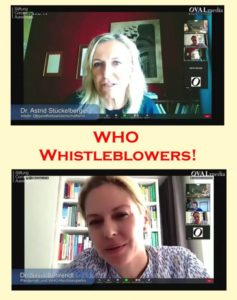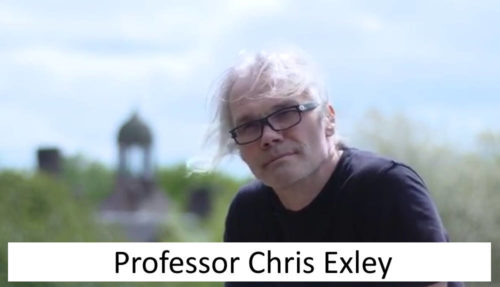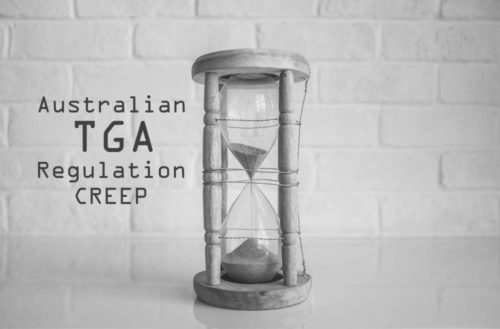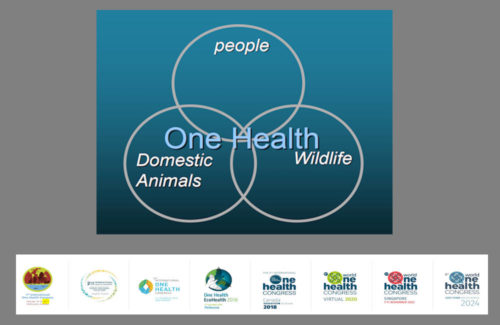WEF started the Young Global Leaders program
The World Economic Forum (WEF) (a private enterprise founded in 1971 by Klaus Schwab) started Global Leaders for Tomorrow school in 1992, which was re-established in 2004 as the Young Global Leaders (YGL) program. Attendees must apply for admission and are then subjected to a rigorous selection process. [7, 8, 9] The program is commitment is to "improving the state of the world", which means grooming their acolytes and helping them "penetrate" positions of influence and government around the world. [4, 5, 6] The first class had in it Angela Merkel, Bill Gates, later Aznar (former Spanish PM), Macron, Jens Spaan, Justin Trudeau and Jacinda Ardern. [1, 2] Who's who of the WEF YGL - HERE 2006 - 2019 Wikipedia list of YGL and alumni which was deleted in 2020. [3] Dr Malone summarises YGL [6], access list from HERE Moderna CEO Stéphane Bancel was elected a 2009 Young Global Leader [10]




